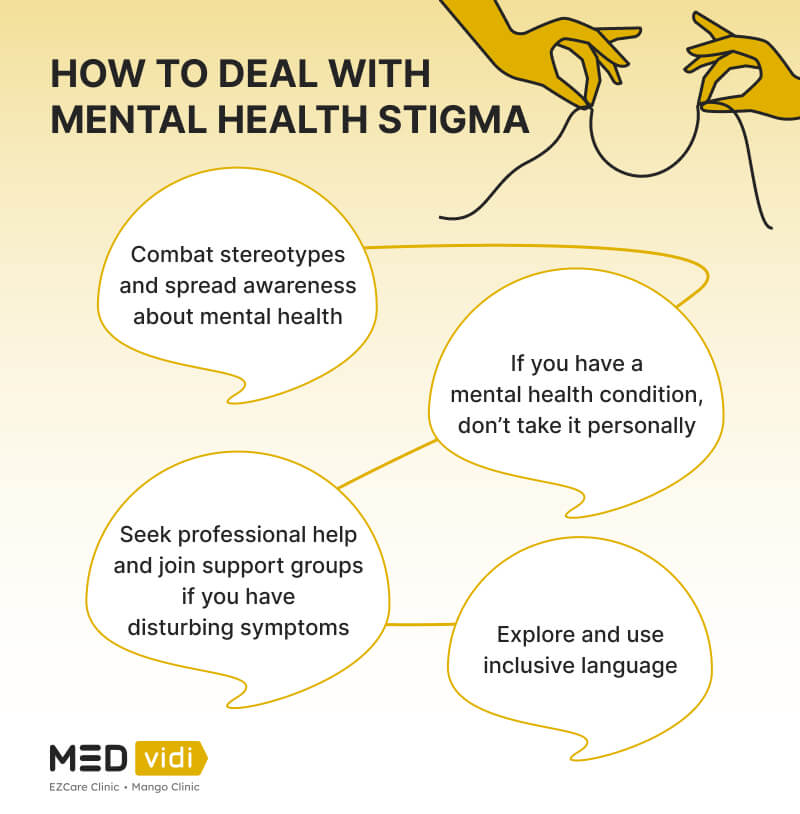
Title: Has Medicine Lost Its Mind? A Detailed Examination of America’s Mental Health Crisis
In his insightful book, Has Medicine Lost Its Mind?: Why Our Mental Health System Is Failing Us and What Should Be Done to Cure It, psychiatrist Dr. Robert C. Smith presents a stark evaluation of the U.S. healthcare system’s shortcomings in addressing the escalating mental health crisis. Drawing insightful parallels between society’s historical regulation of scientific excesses and present-day medical inefficiencies, Smith posits that a well-informed and engaged public is crucial for advancing reforms in mental health care.
The Public’s Influence on Science
Smith starts by emphasizing that when the American populace becomes conscious of the detrimental consequences of unchecked scientific pursuits—such as human cloning or the advancement of artificial superintelligence—they effectively exert democratic oversight. Through advocacy and legislative action, society has ensured that scientific endeavors serve the community at large, rather than just industrial or academic interests.
However, in the realm of medicine—especially mental health—he notes a contrary situation. Here, a predominantly uninformed public has relinquished oversight to a system that not only underperforms but also resists necessary changes. Smith points out that most Americans lack awareness of the severe state of mental health issues—and that they possess the political power to demand change.
Shocking Inequalities in Mental Health Services
The data Smith presents is troubling. Despite mental illness being the most widespread health issue in the U.S., only 25% of those affected seek any form of treatment, compared to 70% of individuals with physical health conditions. This gap arises from a systemic failure to sufficiently train mental health practitioners. Psychiatrists, despite their specialization, account for only around 12% of all mental health services. In contrast, primary care providers—who deliver over 75% of mental health care—receive almost no formal training, with only 2% of medical curricula focusing on mental health.
Smith asserts that the solution is both straightforward and urgently needed: increase the number of trained mental health professionals and provide general practitioners with the knowledge and tools necessary for effectively identifying and treating mental illnesses.
Founded on an Outmoded Framework
So, what has led to medicine’s inability to tackle such a significant shortfall? Smith traces the roots of this issue back to the mind-body dualism that originated during the Scientific Revolution of the 16th and 17th centuries. This philosophical divide designated psychological concerns—such as emotions, personality, and mental illness—as outside the purview of scientific medicine, which concentrated solely on physical ailments.
While this limited focus facilitated notable advancements in physical health—resulting in a doubled life expectancy, for instance—it has left modern medicine ill-equipped to comprehensively address mental health needs. The framework of medical education and healthcare delivery remains oriented toward physical conditions, essentially dismissing the real experiences of patients dealing with emotional and psychological difficulties.
Neglecting the Systems Science of Mental Health
Most notably, Smith argues that medicine, unlike other scientific fields, has disregarded modern systems theory—particularly the biopsychosocial model proposed in the 1970s. This model integrates biological, psychological, and social factors into patient care, facilitating a more holistic and balanced treatment approach. Yet, conventional medicine continues to fixate narrowly on specific diseases, rarely considering the broader context of a patient’s life and mental wellness.
Smith claims that fully adopting the biopsychosocial model would guarantee that mental health care receives parity in attention and resources alongside physical health care. This model is supported by research but remains largely ignored by a healthcare system entrenched in outdated practices.
A Call for Societal Engagement
Smith concludes by drawing powerful historical comparisons to illustrate how citizen awareness and activism can prompt resistant institutions to evolve. He references Ralph Nader’s Unsafe at Any Speed and Rachel Carson’s Silent Spring—two pivotal works that mobilized the American public against corporate negligence in the automotive and chemical sectors. The ensuing public responses resulted in significant reforms: mandatory seat belts became commonplace, and environmental regulations were introduced.
In the same vein, Has Medicine Lost Its Mind? seeks to ignite public awareness and indignation regarding the mental health care crisis. Dr. Smith urges citizens to acknowledge the system’s shortcomings and demand that both policymakers and medical institutions accept accountability for reforms.
Final Thoughts: Awareness as a Driver for Change
Ultimately, Dr. Robert C. Smith’s argument is a clarion call to reclaim public influence in the face of medical stagnation. Through education, advocacy, and the pursuit of accountability, it is feasible to revamp a healthcare system that currently undermines the needs of countless individuals struggling with mental health issues. By confronting antiquated medical paradigms and advocating for systemic transformations, Americans can help ensure that mental health care is as effective, accessible, and respected as physical health care.
Learn More:
Has Medicine Lost Its Mind?: Why Our Mental Health System Is Failing Us and What Should Be Done to Cure It by Dr. Robert C. Smith is available on Amazon: https://www.amazon.com/Has-Medicine-Lost-Its-Mind/dp